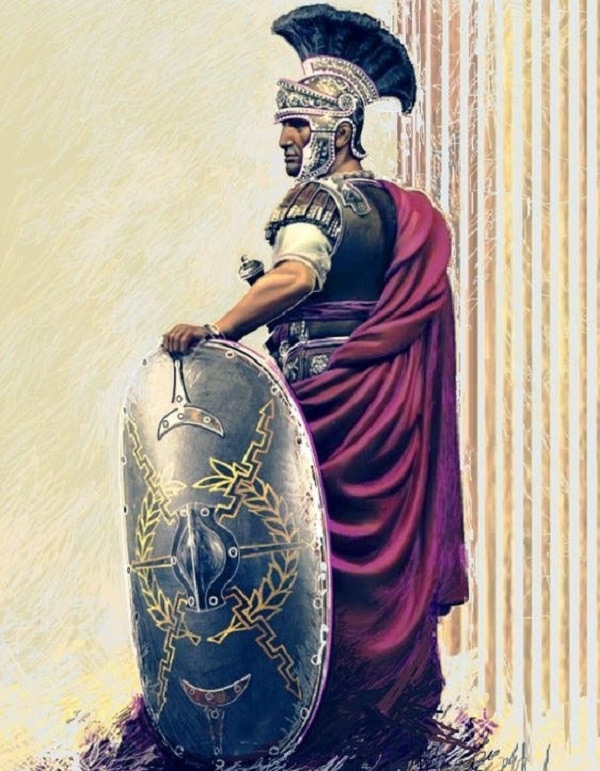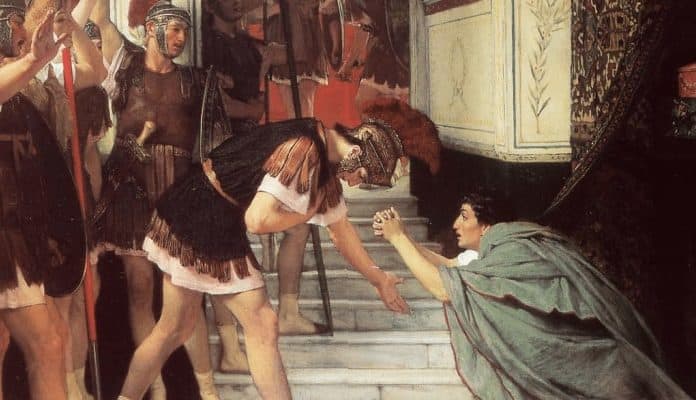
ADVERTISEMENT - CONTINUE READING BELOW
The Bodyguards Who Became the Power Behind Roman Emperors
When Augustus replaced the Roman Republic with the Roman Empire, he created a special military unit, the Praetorian Guard. They functioned as imperial bodyguards, secret police, imperial enforcers and executioners. Augustus reorganized the Roman army to permanently station the legions on the empire’s frontiers, and left the Praetorians as the only organized military force in Rome and Italy. He kept them in check, but after his death in 14 AD, the rot set in, as the guards realized the advantages of their swords’ proximity to the emperor’s throat. In 41 AD, a Praetorian tribune tired of repeated insults from Emperor Caligula, and hacked him to pieces. The Senate declared a restoration of the Republic, but the Praetorians had other ideas: as they pillaged the imperial palace, they came upon Caligula’s uncle, Claudius, hiding behind a curtain.

ADVERTISEMENT - CONTINUE READING BELOW
Claudius, a pitiful figure with a limp and stutter, had only survived the previous emperors’ paranoid slaughter of their relatives because he was deemed feebleminded. On a whim, the Praetorians dragged the terrified Claudius from behind the curtains, and as he begged for mercy, proclaimed him emperor. A relieved Claudius rewarded them with a bonus equivalent to five years’ salary. That set a precedent that all new emperors were expected to follow – or else. In the Year of the Four Emperors, 69 AD, the Praetorians abandoned Emperor Nero after a supporter of Galba, a rebellious general, offered a bribe of 7500 denarius per guard. Galba replaced Nero on the throne, but when told of his supporter’s promise, he balked, quipping “It is my habit to recruit soldiers, not bribe them“. The Praetorians threw their support to his rival, Otho, and murdered Galba.

